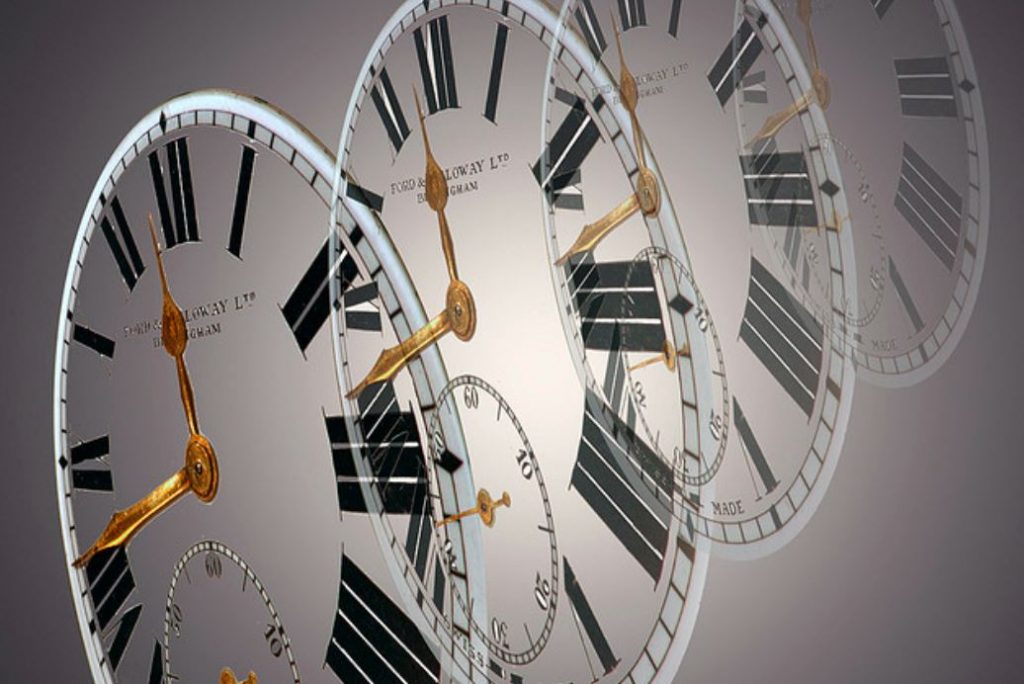TRIAL MOTIONS
The Sections of Article 44. of the CPLR of New York:
- NY CPLR Rule Rule 4401. Motion for judgment during trial
- NY CPLR § 4401-a. Motion for judgment
- NY CPLR Rule Rule 4402. Motion for continuance or new trial during trial
- NY CPLR Rule Rule 4403. Motion for new trial or to confirm or reject or grant other relief after reference to report or verdict of advisory jury
- NY CPLR Rule Rule 4404. Post-trial motion for judgment and new trial
- NY CPLR Rule Rule 4405. Time and judge before whom post-trial motion made
- NY CPLR Rule Rule 4406. Single post-trial motion

NY CPLR RULE RULE 4401. MOTION FOR JUDGMENT DURING TRIAL
Any party may move for judgment with respect to a cause of action or issue upon the ground that the moving party is entitled to judgment as a matter of law, after the close of the evidence presented by an opposing party with respect to such cause of action or issue, or at any time on the basis of admissions. Grounds for the motion shall be specified. The motion does not waive the right to trial by jury or to present further evidence even where it is made by all parties.
NY CPLR § 4401-a. MOTION FOR JUDGMENT
A motion for judgment at the end of the plaintiff’s case must be granted as to any cause of action for medical malpractice based solely on lack of informed consent if the plaintiff has failed to adduce expert medical testimony in support of the alleged qualitative insufficiency of the consent.
NY CPLR RULE RULE 4402. MOTION FOR CONTINUANCE OR NEW TRIAL DURING TRIAL
At any time during the trial, the court, on motion of any party, may order a continuance or a new trial in the interest of justice on such terms as may be just.
NY CPLR RULE RULE 4403. MOTION FOR NEW TRIAL OR TO CONFIRM OR REJECT OR GRANT OTHER RELIEF AFTER REFERENCE TO REPORT OR VERDICT OF ADVISORY JURY
Upon the motion of any party or on his own initiative, the judge required to decide the issue may confirm or reject, in whole or in part, the verdict of an advisory jury or the report of a referee to report; may make new findings with or without taking additional testimony; and may order a new trial or hearing. The motion shall be made within fifteen days after the verdict or the filing of the report and prior to further trial in the action. Where no issues remain to be tried the court shall render decision directing judgment in the action.
NY CPLR RULE RULE 4404. POST-TRIAL MOTION FOR JUDGMENT AND NEW TRIAL
(a) Motion after trial where jury required. After a trial of a cause of action or issue triable of right by a jury, upon the motion of any party or on its own initiative, the court may set aside a verdict or any judgment entered thereon and direct that judgment be entered in favor of a party entitled to judgment as a matter of law or it may order a new trial of a cause of action or separable issue where the verdict is contrary to the weight of the evidence, in the interest of justice or where the jury cannot agree after being kept together for as long as is deemed reasonable by the court.
(b) Motion after trial where jury not required. After a trial not triable of right by a jury, upon the motion of any party or on its own initiative, the court may set aside its decision or any judgment entered thereon. It may make new findings of fact or conclusions of law, with or without taking additional testimony, render a new decision and direct entry of judgment, or it may order a new trial of a cause of action or separable issue.
NY CPLR RULE RULE 4405. TIME AND JUDGE BEFORE WHOM POST-TRIAL MOTION MADE
A motion under this article shall be made before the judge who presided at the trial within fifteen days after decision, verdict or discharge of the jury. The court shall have no power to grant relief after argument or submission of an appeal from the final judgment.
NY CPLR RULE RULE 4406. SINGLE POST-TRIAL MOTION
In addition to motions made orally immediately after decision, verdict or discharge of the jury, there shall be only one motion under this article with respect to any decision by a court, or to a verdict on issues triable of right by a jury; and each party shall raise by the motion or by demand under CPLR rule 2215 every ground for post-trial relief then available to him.
Updated: July 12, 2019.
